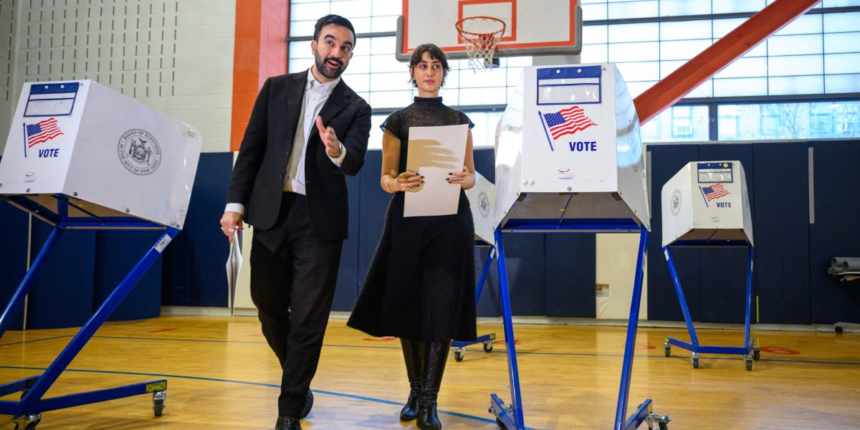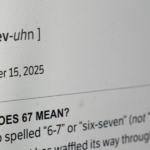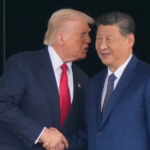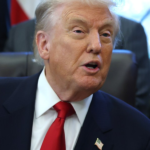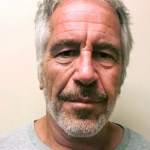New York City’s voters are deciding the outcome of a generational and ideological divide that will resonate across the country Tuesday as they choose the next mayor to run the nation’s largest city.
Zohran Mamdani, who won the Democratic primary earlier this year, faces former Gov. Andrew Cuomo, who is running as an independent, and perennial Republican candidate Curtis Sliwa, who is trying to land a massive upset.
A victory for Mamdani would give the city its first Muslim mayor and its youngest leader in generations, while elevating the democratic socialist to political stardom and giving his brand of economic populism one of the most visible political perches in America.
Trump reluctantly endorsed Cuomo on the eve of the election, saying Mamdani would bring “disaster” to the city and encouraging Sliwa backers to vote for the former governor instead.
Mamdani has generated national buzz and won endorsements from big-name progressives, including U.S. Sen. Bernie Sanders and U.S. Rep. Alexandria Ocasio-Cortez. He has promised to raise taxes on the richest New Yorkers and use the money to make city buses free and provide free, universal child care. He has also promised to freeze rent for people living in about 1 million rent-regulated apartments.
At the same time, Mamdani’s past criticism of the city’s police department and the Israeli government’s military actions in Gaza — which he has called genocidal — have unnerved some centrists who see him as a potential setback in their effort to broaden the party’s national appeal. Some Jewish leaders have also seized on his refusal to support Israel as a Jewish state, calling him a danger to Jews.
Tuesday’s general election is being conducted as a traditional one, meaning the candidate who gets the most votes wins. The city’s party primaries were determined using ranked choice voting, which allowed voters to rank candidates in order of preference.
Sliwa’s path to victory is narrow in the overwhelmingly Democratic city, resting on his ability to secure the GOP vote with his tough-on-crime message and Noo Yawk attitude, while picking up moderates who don’t want to elevate Mamdani or return Cuomo to power.
Sliwa, 71, has ignored pressure from within his own party to suspend his campaign and create a one-on-one race between Cuomo and Mamdani. Trump himself dismissed Sliwa as “not exactly prime time.” In the race’s final weeks, Cuomo appealed to Sliwa’s supporters, arguing that a vote for the Republican was a vote for Mamdani.
Trump and other Republicans have eagerly painted a dire picture of New York under Mamdani’s potential leadership.
Cuomo, 67, has carried a similar message. Running on an independent party line, he has positioned himself as a seasoned executive capable of managing the city’s vast bureaucracy, drawing a contrast with Mamdani’s relative inexperience.
Cuomo’s experience as governor is perhaps also his biggest vulnerability.
Cuomo initially apologized for some of his behavior, saying he had fallen out of step with what is considered appropriate workplace conduct. However, in recent months, he has been defiant — calling his accusers liars and blaming his downfall on political adversaries.


